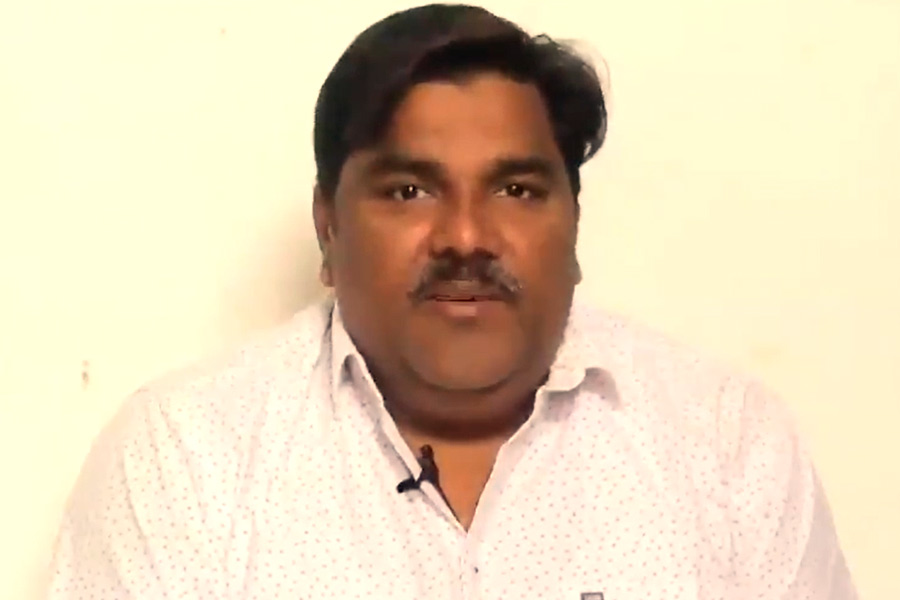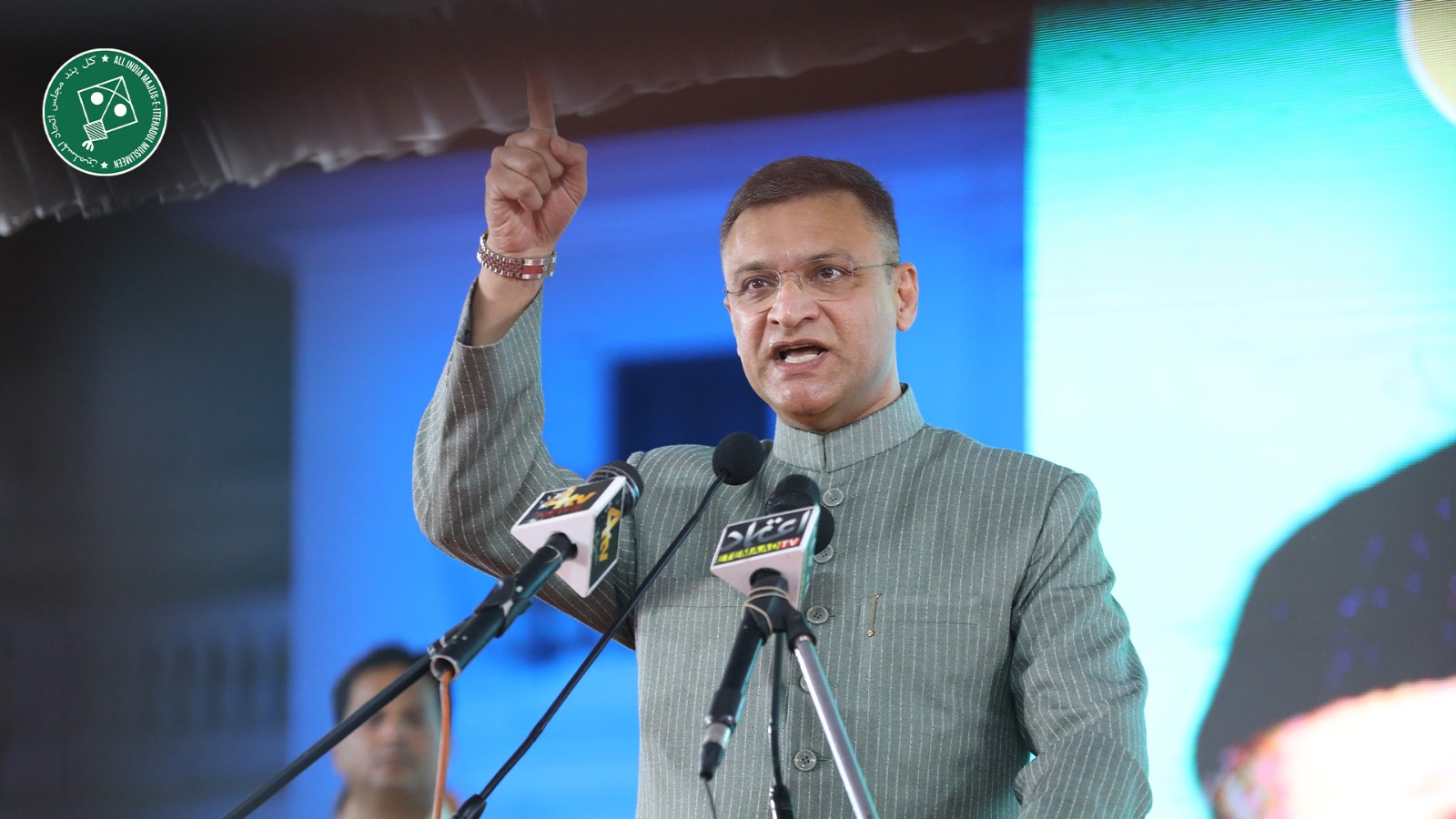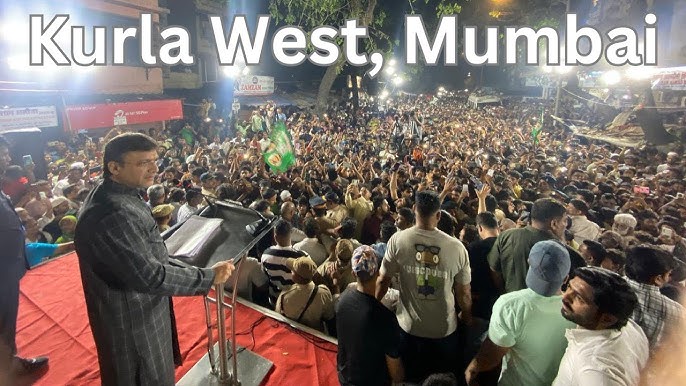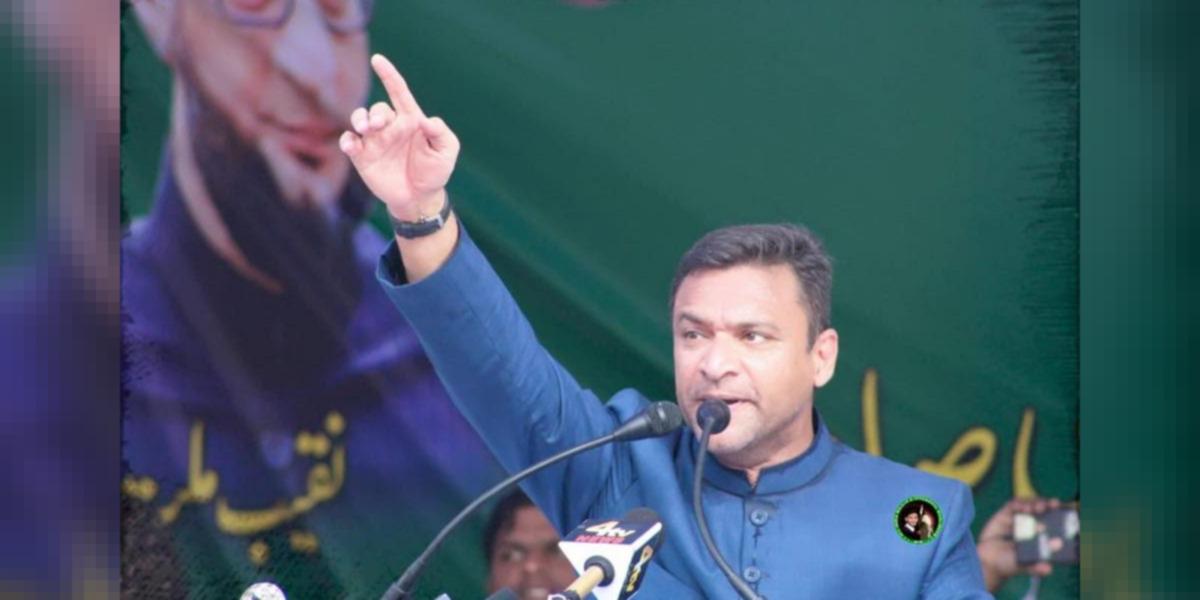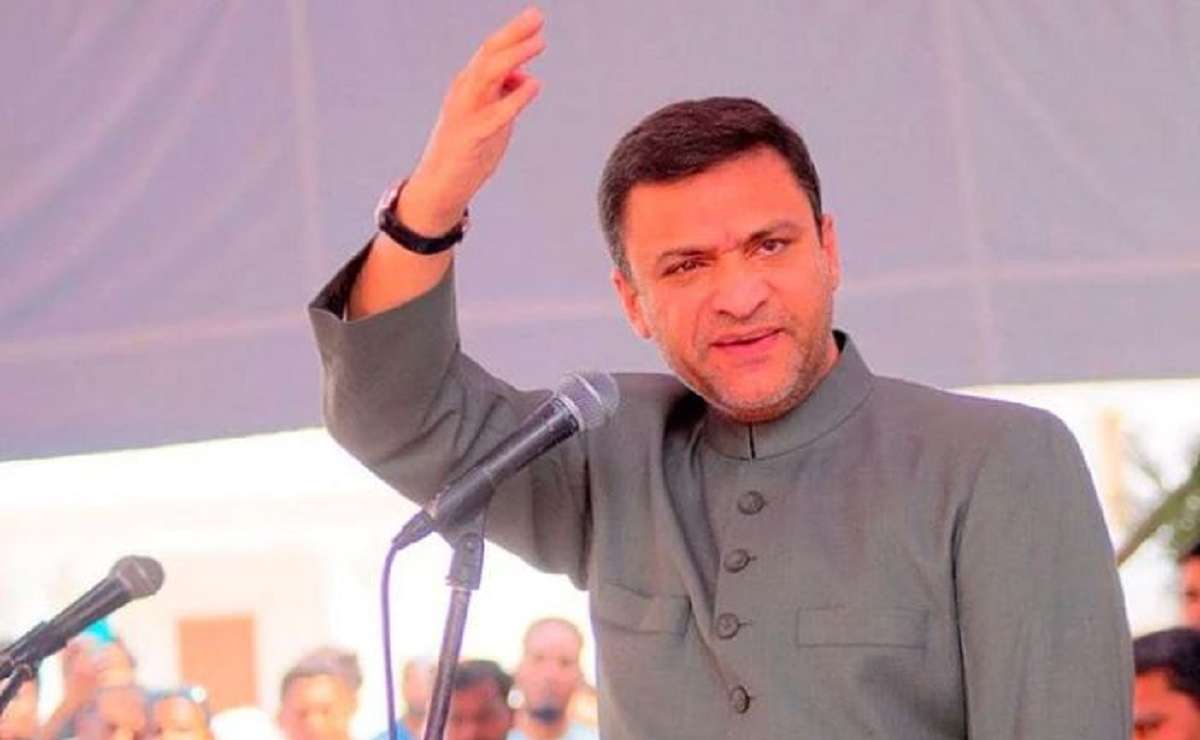Ayodhya verdict by no means complete justice: Asaduddin Owaisi
Wed 20 Nov 2019, 11:12:19
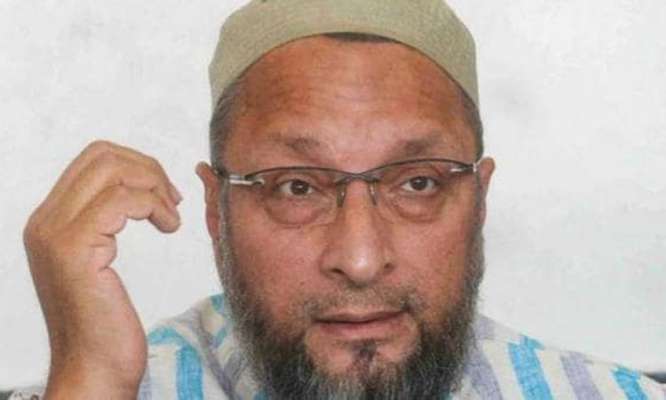
AIMIM chief Asaduddin Owaisi on Tuesday claimed that the Supreme Court’s verdict on the Babri Masjid-Ramjanmabhoomi land dispute was by no means “complete justice” that the powers under Article 142 are required to be used for.
Article 142 of the Constitution deals with the apex court’s power to exercise its jurisdiction and pass order as is necessary for doing complete justice in any cause or matter pending before it.
“The Supreme Court’s judgement in the Babri Masjid title suit is by no means the complete justice that the powers under Article 142 are required to be used for. It is at best
incomplete justice or at worst complete injustice, he tweeted. Owaisi was responding to media reports on the Ayodhya verdict and whether judicial discretion and the resultant directions guarantee complete justice.
incomplete justice or at worst complete injustice, he tweeted. Owaisi was responding to media reports on the Ayodhya verdict and whether judicial discretion and the resultant directions guarantee complete justice.
The SC, in its verdict in the Babri Masjid-Ram Janmabhoomi title case on November 9, said the entire 2.77 acres of disputed land should be handed over to the deity Ram Lalla, who was one of the three litigants.
The five-judge Constitution bench also directed the Centre to allot a five-acre plot to the Sunni Waqf Board in Ayodhya to build a mosque.
No Comments For This Post, Be first to write a Comment.
Most viewed from Asaduddin Owaisi
Most viewed from AIMIM
AIMIM News
Latest Urdu News
Most Viewed
May 26, 2020
Do you think Canada-India relations will improve under New PM Mark Carney?
Latest Videos View All
Like Us
Home
About Us
Advertise With Us
All Polls
Epaper Archives
Privacy Policy
Contact Us
Download Etemaad App
© 2025 Etemaad Daily News, All Rights Reserved.

















